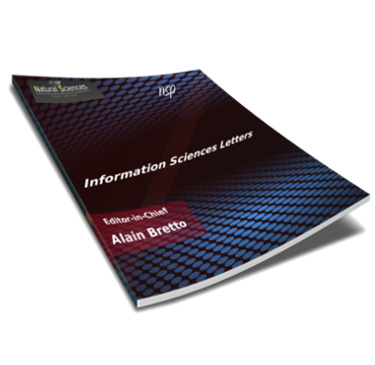
Information Sciences Letters
Abstract
This study explores the sociological perspective required for achieving holistic and sustainable development in social contexts. It focuses on Dubai as a smart city exemplar, investigating the integration of comprehensive development that encompasses social, economic, cultural, and technological aspects, as well as sustainable development that includes environmental sustainability. The research provides valuable insights into Smart Dubais social dimensions and highlights its commendable efforts towards sustainable social development. The discussion explores the various social policies implemented in Dubai, which serve to regulate the conduct, initiatives, and practices of both the government and non-governmental entities, as well as individuals, in order to address a wide array of social challenges. Furthermore, it explores the application of certain development theories, such as post-modernism, and how they have contributed to Dubais cultural shift towards embracing socio-economic standards. Additionally, the theory of ecological modernization is examined, highlighting its role in integrating environmental concerns with social institutions that promote sustainable policies for the advancement of a smart city. The research employs a case study methodology, analyzing secondary data and official records to assess Smart Dubais policies and highlight its social sustainability development. Findings reveal that Smart Dubai has made significant progress in embracing social issues through its policies, and it is on the road towards social sustainability in terms of family unity, gender equality, demographic balance, health, education, popular participation and balancing in terms of services between UAE citizens and expatriates. The research recommends that Dubai have a bureau for studying policies to mitigate social challenges and phenomena as well as an authority for collecting social data.
Recommended Citation
Sajwani, G. and Al-Othman, H.
(2023)
"Sustainable Development: An Analytical Vision for Smart Dubai City Social Policies,"
Information Sciences Letters: Vol. 12
:
Iss.
7
, PP -.
Available at:
https://digitalcommons.aaru.edu.jo/isl/vol12/iss7/16

